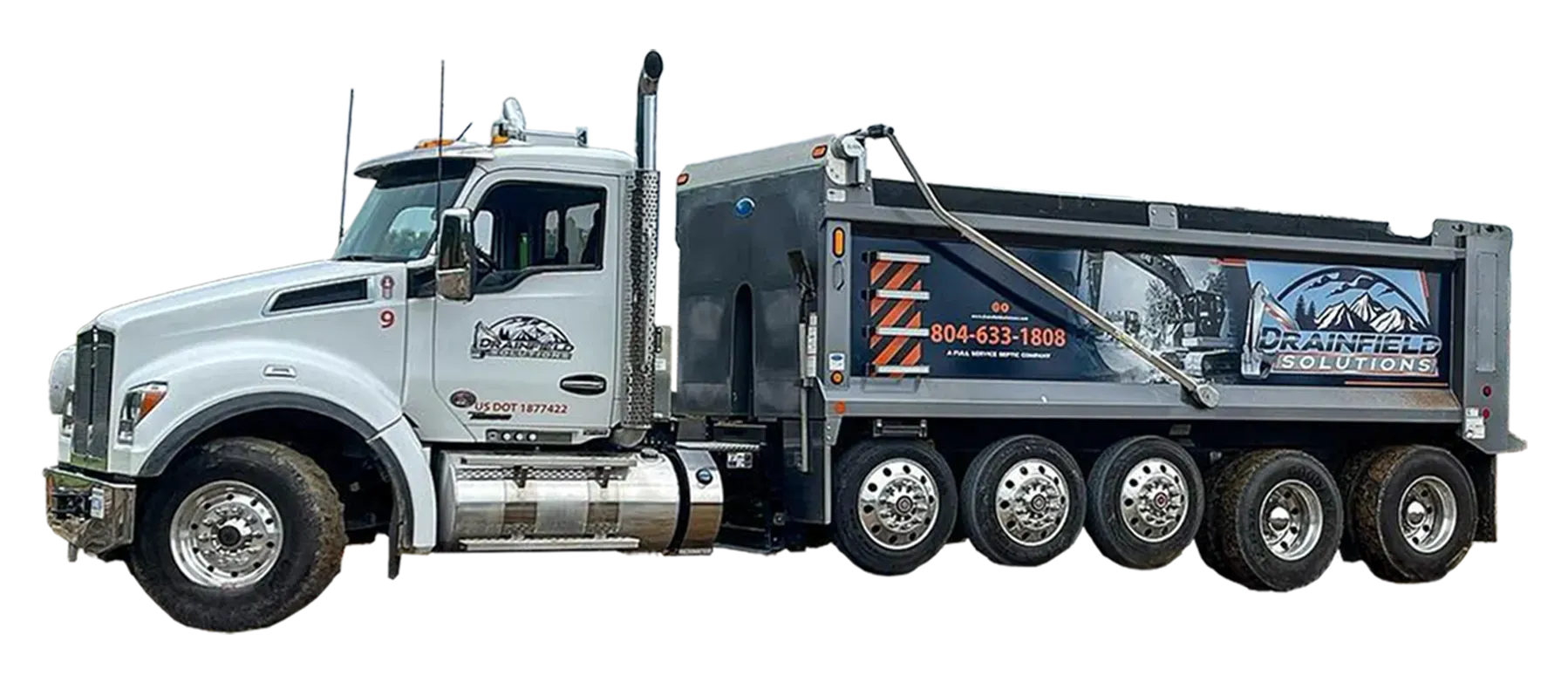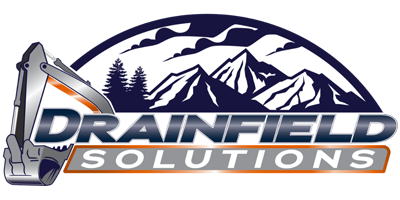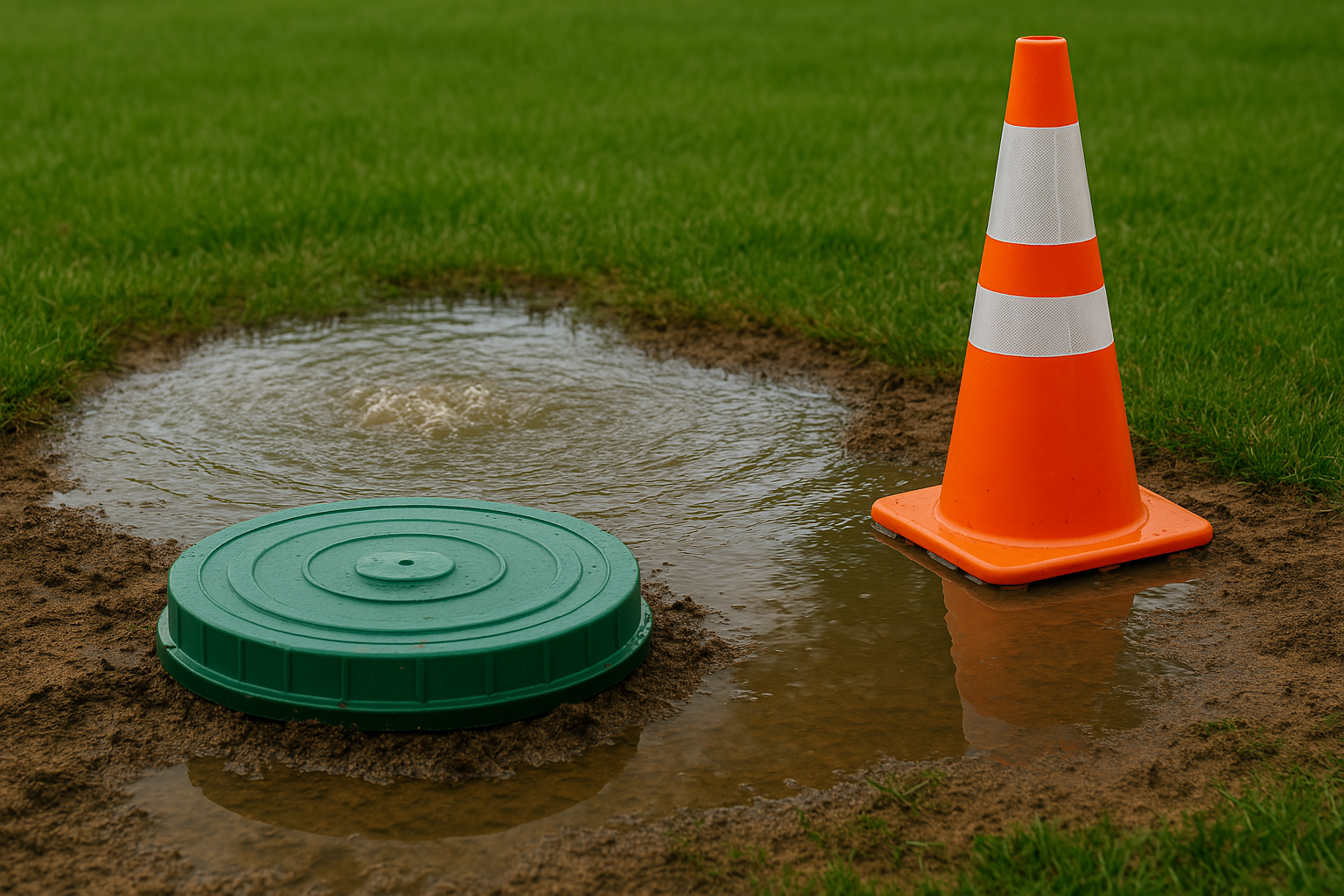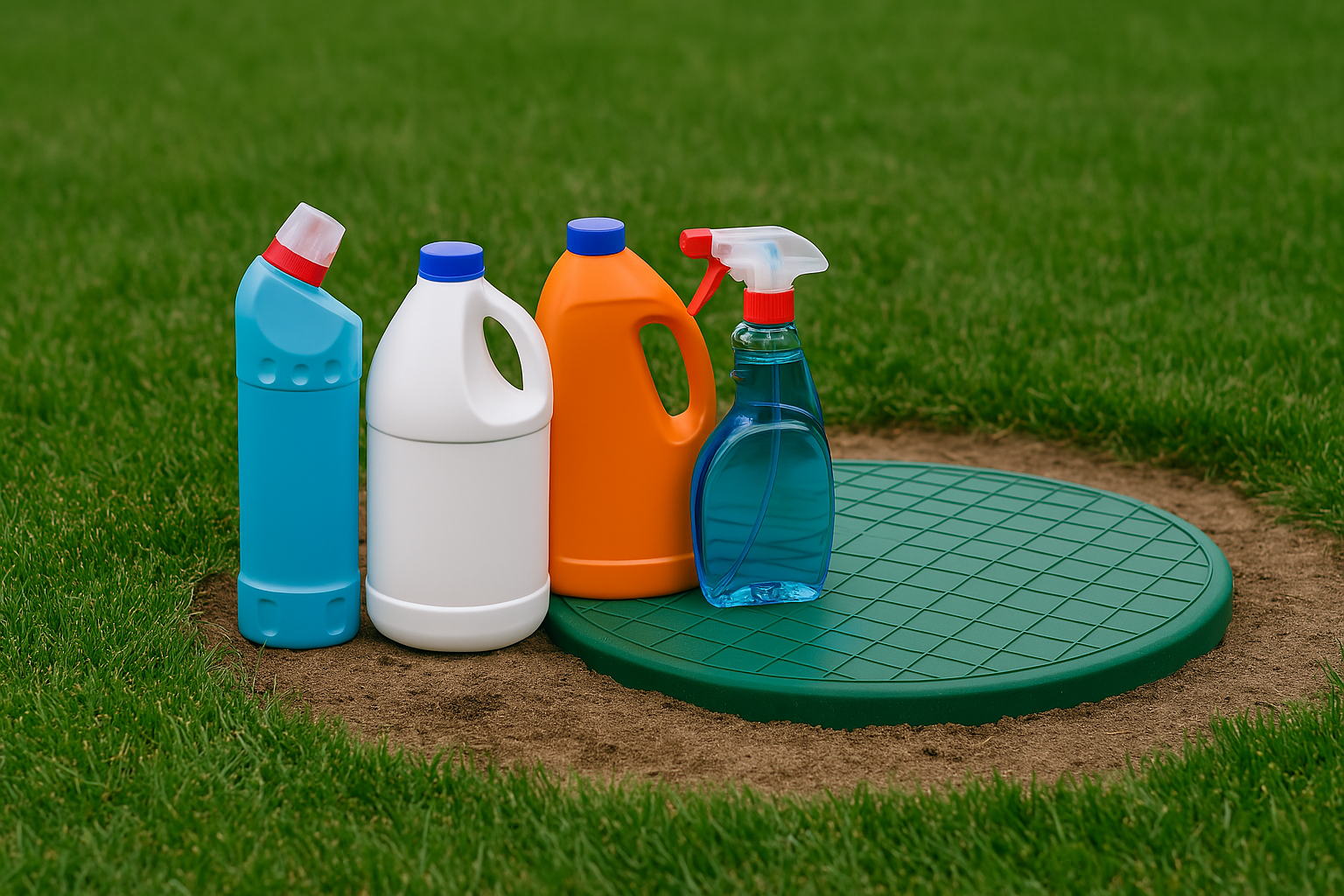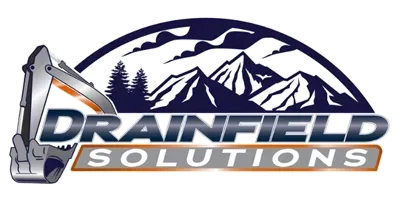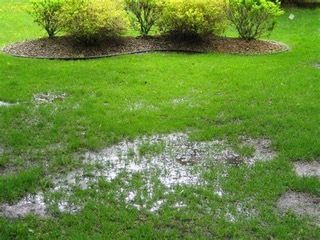
Can Heavy Rain Affect Septic Systems? How to Stop Your Septic Tank from Backing Up When it Rains
April 18, 2025
Rainy days can bring more than just showers—they can spell trouble for your septic tank too. A common concern among homeowners is septic tank backups after heavy rainfall, which can result in unpleasant odors, slow drains, or even overflowing sewage. If you’re facing this issue, it’s important to act quickly and take preventative steps to protect your property and wallet.
This blog will walk you through why your septic tank backs up during rain, signs to watch out for, and solutions to ensure your system operates smoothly, even through the rainiest seasons.
Why Does a Septic Tank Back Up When it Rains?
Septic tank backups are often caused by excess water in the drainfield. Here’s how it works:
- Your septic system relies on the drainfield to filter and disperse wastewater.
- After heavy rainfall, water saturates the soil in the drainfield, leaving less space for the septic system to process and absorb the wastewater properly.
- This results in wastewater backing up into your plumbing system, causing problems inside and around your home.
Now that you know the culprit, what can you do to address the issue?
Signs Your Septic System is Struggling During Rain
Don’t ignore these warning signs that indicate your septic system is overwhelmed:
- Slow Drains: If you notice that your sink, shower, or toilet drains are taking longer than usual to clear, it could be a sign of a blockage or buildup in your plumbing system. This can start as a minor inconvenience but may worsen if left unresolved.
- Foul Odors: A strong sewage smell around your property is a major red flag that something is wrong. This unpleasant smell often indicates a problem with your septic system or sewer line, such as a leak or backup that needs immediate attention.
- Pooling Water: If you see patches of wet, spongy ground near your drainfield or septic tank, it’s a sign that your septic system is struggling to disperse wastewater properly. This could be due to oversaturation, damage, or blockages within the system.
- Gurgling Plumbing: Unusual gurgling noises coming from your pipes when you flush the toilet or drain water are often a sign of trapped air caused by a blockage. This can disrupt the normal flow of wastewater and should be inspected to prevent further complications.
These symptoms signal that your septic system may need immediate attention from an expert service provider.
Steps to Stop Your Septic Tank from Backing Up
If heavy rains tend to wreak havoc on your septic system, here are some actionable solutions to fix and prevent the problem:
1. Divert Rainwater Away from Your Drainfield
Make sure rainwater from gutters, downspouts, and yard slopes flows away from your drainfield and septic tank. Redirecting water minimizes the risk of soil oversaturation, keeping your system functional.
2. Pump Your Septic Tank Regularly
Routine septic tank pumping ensures your system has enough capacity during rainy periods, preventing unnecessary strain on the drainfield. Most septic tanks should be pumped every 3–5 years based on usage.
3. Inspect and Maintain Your Drainfield
Compacted or damaged drainfield soil may fail to absorb wastewater effectively. Regular inspection services from septic experts like Drainfield Solutions can identify and repair issues such as clogs or fractures.
4. Install a Curtain Drain
A curtain drain is a trench filled with gravel and perforated pipe installed uphill of the drainfield. It diverts groundwater away, reducing saturation and relieving pressure on the septic system.
5. Upgrade the Drainfield System
If your drainfield is outdated or too small for your current water usage, upgrades may be necessary. Reach out to a professional provider specializing in drainfield repair in Fredericksburg, VA, like Drainfield Solutions, to install an improved or expanded solution.
6. Add an Effluent Filter
Installing an effluent filter in your septic tank is a simple yet effective way to prevent solids from entering and clogging the drainfield. By trapping debris before it leaves the tank, the filter helps maintain proper drainage, reduces the risk of backups, and extends the lifespan of your septic system.
This is especially beneficial during periods of heavy rain, when the system is under extra strain, as it improves overall efficiency and keeps everything running smoothly.
7. Avoid Overloading Your System
During or after heavy rainfall, reduce water usage in your home as much as possible. For example, delay doing laundry or running the dishwasher, allowing time for the drainfield to recover from excess groundwater.
When Should You Call an Expert?
While some preventative measures, like redirecting rainwater or reducing water usage can be done on your own, persistent septic tank backups during the rainy season often require professional help.
At Drainfield Solutions, we specialize in septic tank and drainfield repair, with nearly two decades of experience in septic tank drainfield repair. Here’s how we can help:
- Drainfield Repairs: Address compacted soil, clogged drains, or structural issues in your drainfield with expert service tailored to your landscape.
- Inspections and Maintenance: Prevent costly backups by identifying potential issues before they escalate.
- Emergency Services: Same-day emergency support to resolve septic problems quickly and minimize disruption to your daily life.
If you’re in Fredericksburg, VA, or surrounding areas, our team is ready to provide prompt and professional assistance to protect your home and peace of mind.
Prevent Rain-Related Backups Before They Happen
Nobody wants to wake up to a septic tank disaster! Staying prepared and proactive is the best way to handle potential issues with your system.
At Drainfield Solutions, we’re committed to keeping your septic system in top shape year-round, no matter the weather. Whether you need routine maintenance or a complete drainfield repair, our expert technicians are here to help.
Need assistance?
Contact us for a quote today, and avoid rain-induced septic troubles for good.
Share Post
Latest Posts
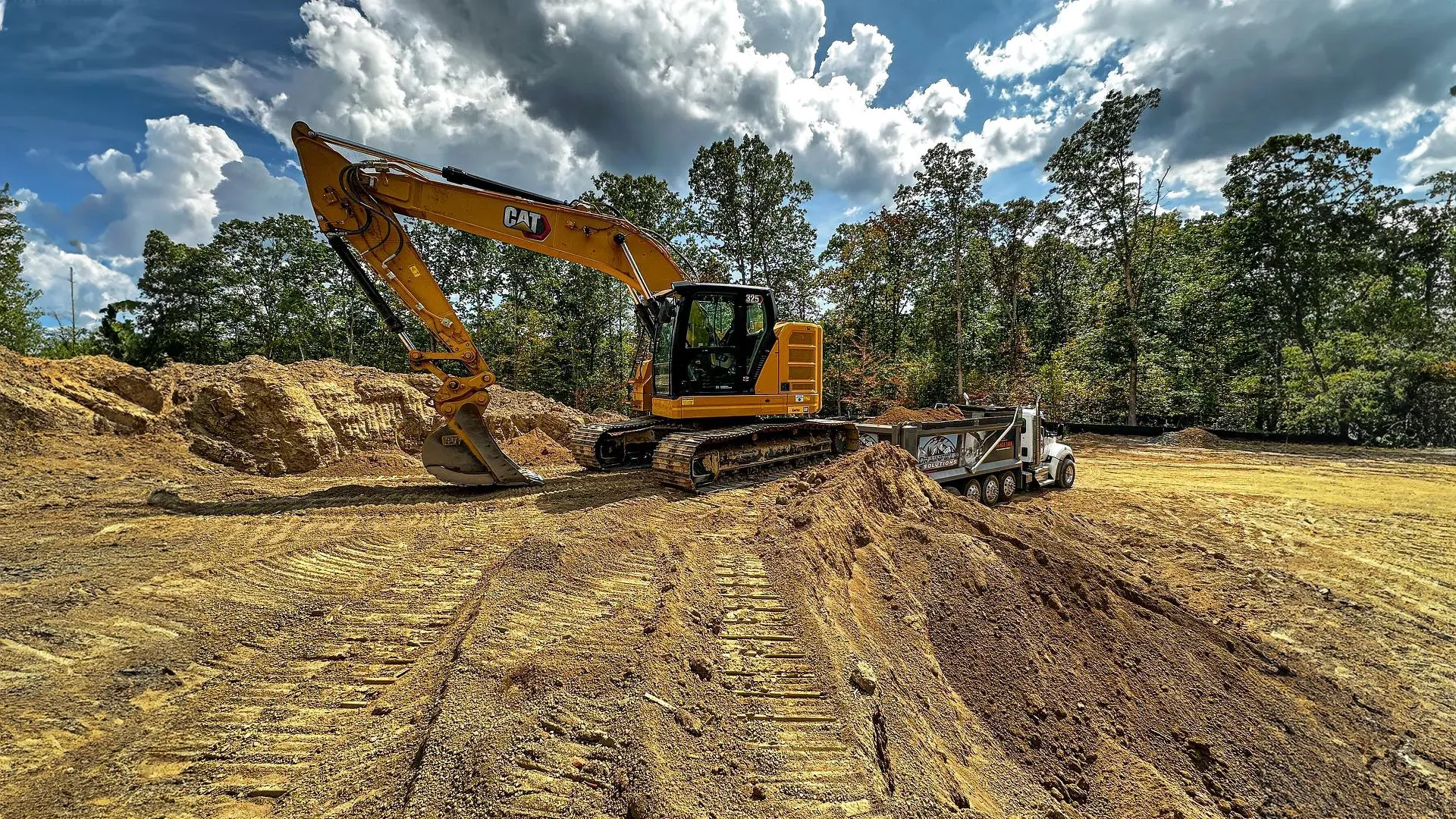
Ready to Take the Next Step?
Whether you're in need of a system inspection or regular maintenance, Drainfield Solutions is here to help. Get in touch today for reliable service you can trust.
